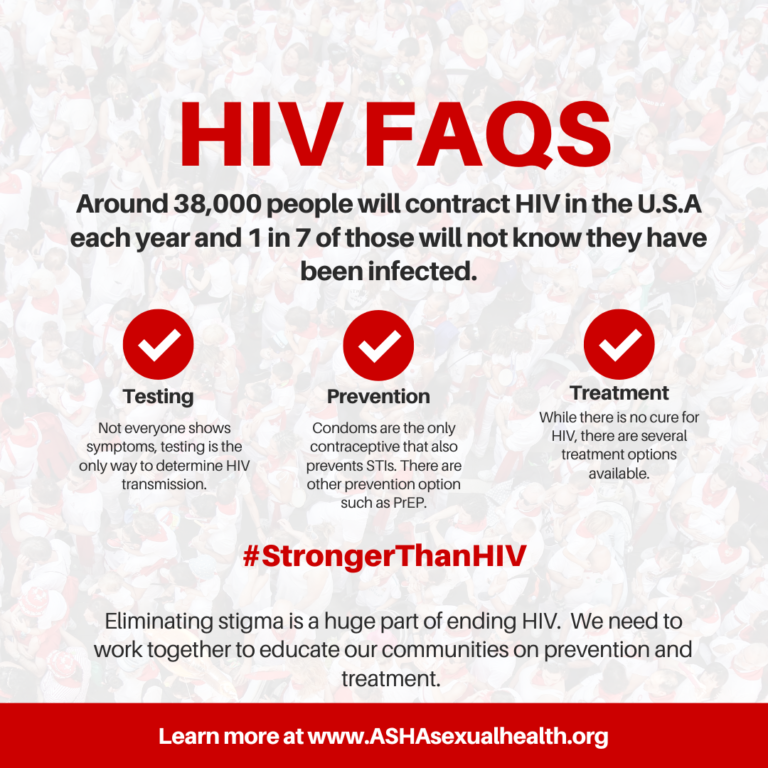
Sexual Health Month—30 Days of Sexual Pleasure
Sexual pleasure is always worth celebrating. Sex has been shown to promote better sleep habits, less stress, and more happiness. Our bodies thrive on the chemicals released during orgasm, so a healthy sex life is indeed part of a healthy body.







